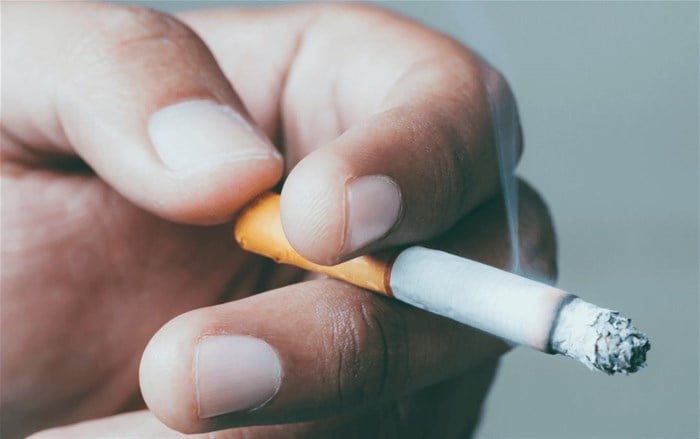
If there is one thing tobacco smokers hate, it’s being told to kick the smoking habit. It’s no secret that smoking causes serious health problems - including heart disease, asthma and lung cancer - but smoking is also extremely dangerous if you are having surgery.
“Smoking decreases blood flow making surgical wounds less likely to close, less likely to heal well and more likely to become infected,” says Murray Hewlett, CEO of Affinity Health.
“An upcoming surgery is a good reason to quit, even if just a day or two before the procedure. Numerous studies have shown that patients who had stopped smoking for just one month before surgery had no more complications than patients who had never smoked. Just within a day or two after stopping, the body can bring more oxygen to cells and blood flow improves, making it easier for healing. Three to six weeks after stopping, the body’s defences against bacterial infection improve.”
Smokers are more likely than non-smokers to experience specific complications from all types of surgeries. For example:
Even second-hand smoke is a problem when it comes to surgery. Children have more complications after surgery if their parents smoke around them.
Still puffing away? Smoking can be hard to give up especially if you’ve been at it for years. Patients who want to stop smoking can easily fall into the trap of thinking they can do it on their own. As with any addiction treatment, you have to want to stop but the whole process can be made easier if you’re supported by people who care for you.
Aside from surrounding yourself with supportive people you can also start by changing your routine and habits. Pinpoint those times when you smoke and the habits that trigger it. Is it your first coffee of the day or maybe it’s specific situations that cause you anxiety? If those are your triggers, try swapping your coffee for tea and avoid the situations that cause you anxiety for the first month. Then start to slowly reintroduce these things back into your life without smoking.
“Quitting smoking isn’t easy, so you may consider getting some extra help. Speak to your doctor, surgeon or pharmacist who will be able to recommend a quit smoking programme that suits your lifestyle and dependence level, or options such as nicotine patches, gum and lozenges,” concludes Hewlett.
Affinity Health aims to provide premier quality, affordable medical insurance to South Africans. We strive to give our clients peace of mind and the highest standard of service when they are faced with injury or illness. We work to deliver innovative solutions that are simple, cost effective and proven, so our cover is structured to ensure that you get exactly what you need. For more information follow us on Facebook and Instagram.